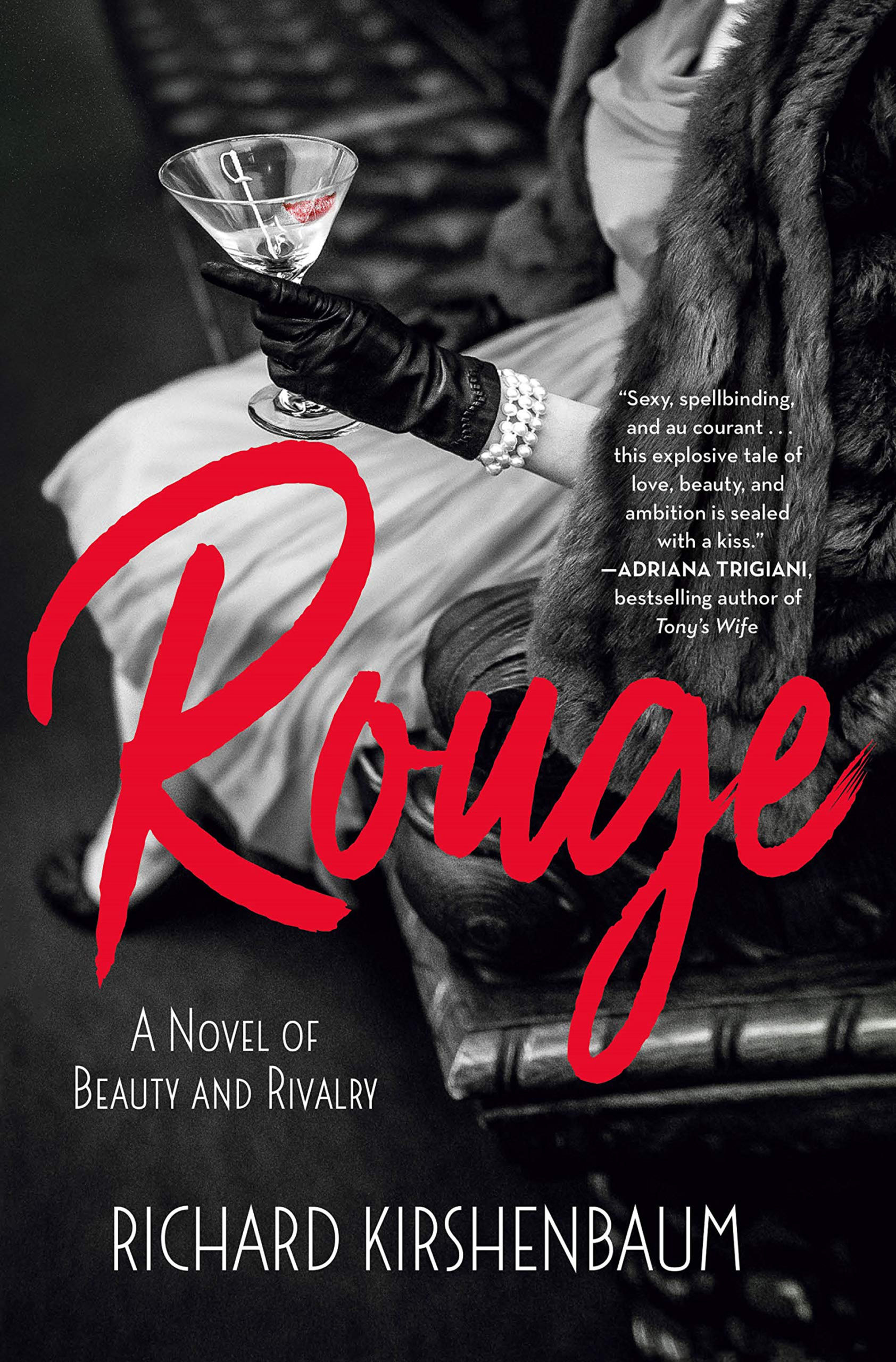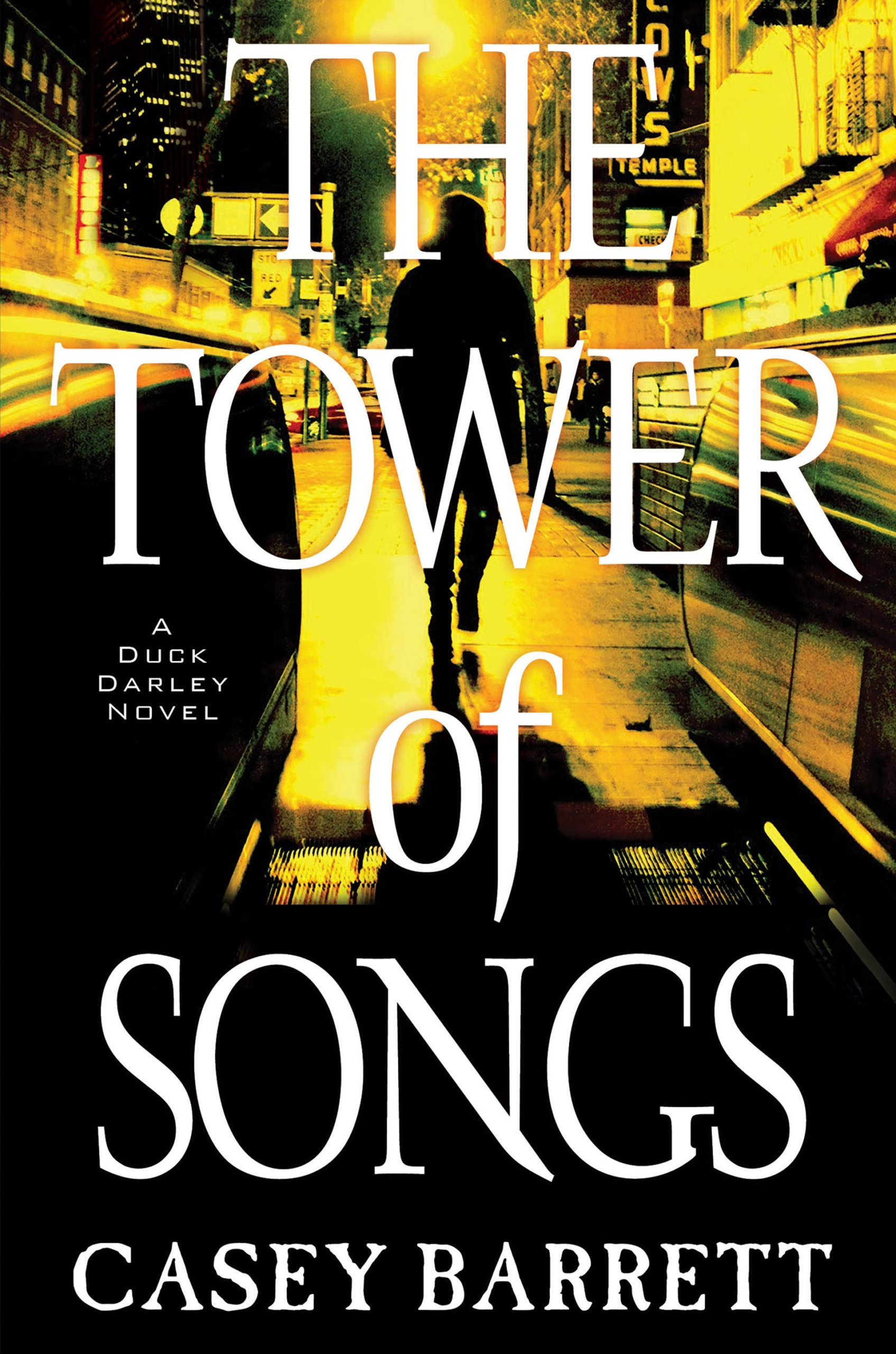Two Fun Reads About The Rich


In case you missed the 2017 musical “War Paint” (starring Patti LuPone and Christine Ebersole) or the PBS documentary “The Powder and the Glory” (by Ann Carol Grossman and Arnie Reisman) or Lindy Woodhead’s double bio in 2007 about the rivalry of the 20th Century’s cosmetic queens, Helena Rubinstein and Elizabeth Arden, not to worry: Richard Kirshenbaum provides — richly — in his debut novel “Rouge: A Novel of Beauty and Rivalry.”
He delivers a fictional, funny, often over-the-top savvy smartass take on the two cosmetic powerhouses who worked and lived near each other in the city but never met in real life. They do in Kirshenbaum’s world, if briefly; keeping a bitchy distance. As Madame Josephine Herz (Rubinstein) likes to say about her rival Constance Gardiner-Wyke (Arden), “Don’t vorry. She’ll get Herz.” They both give and get with venom.
It’s odd, though, that the author, an ad agency CEO with expertise in boutique branding, a columnist, and best-selling-author, while giving profuse and adoring thanks to colleagues, celebs, friends, and hosts of various high-end getaways and watering holes in Manhattan and around the globe, does not reference previous work on the competitive, multimillionaire industry giants. But he’s got an original novel here he’d probably say. He likes the term “compilation book,” since he nods here to other innovators, including Avon direct sales strategists and Madam C.J. Walker, the first African American female millionaire (she inspires Kirshenbaum’s bi-racial brainy beauty, Cee Cee Lopez, who creates a hair relaxer).
Kirshenbaum’s out to entertain with a “juicy beach read,” not write an exposé or roman-à-clef. He certainly knows that much has already been revealed about the two entrepreneurial immigrants — their modest beginnings and self-inventive marketing genius at a time when women couldn’t even get bank loans. In real life and in “Rouge,” these two, in their separate and different ways, knew how to work the system of male control and female vulnerability and insinuate themselves into a world of power, money, and titles.
The author admires their confidence — young Josiah Herzenstein, a Jew fleeing from Poland and advancing Nazis to work with an uncle in Australia, and the blonde androgynous statuesque WASPy Constance Gardiner (who shrewdly changed the first “e” in her last name to “i” for the island), who hailed from Canada. At the same time and often on the same ground, they honed their intrigues to best the other and exploit women’s insecurities over beauty in an escapist era ruled by glamorous Hollywood stars. In alternating chapters, from 1922 to 1993, Kirshenbaum chronicles the ironies of their cool, calculating competition. They hated each other. They needed each other to be goaded on. He even throws in a murder. It’s obvious he had a ball writing this book and no doubt now is waiting for the movie.
‘The Tower Of Songs’

Although it’s not clear why Casey Barrett named his new Duck Darley crime novel “The Tower of Songs,” it may not matter, because, by the end, the reader is not even sure who dunnit.
Which is not to say that the author hasn’t fashioned a driving tale set in Manhattan, with nods to “shingled castles” in the Hamptons, that includes reference to his former life as an Olympic swimmer. Duck Darley, unlicensed private investigator, may be an ex-con (he did 13 months in Rikers for dealing weed) and a recovering alcoholic (with help from Xanax and vaping), but he sure can swim, as he proves in the denouement to Barrett’s new thriller. A good deal of Duck’s time, though, is taken up commenting on the super-rich, a world he once knew until his father screwed up with a failed Ponzi scheme.
The action begins with a prologue in a Manhattan tower, on the highest floor of the city’s most luxurious real estate (what’s with prologues leading off novels these days?). It takes place in the apartment of billionaire Danny Soto, as he receives a visit from his neighbor Sun Bin who proceeds to admire the view and then kidnaps Danny. Enter Danny’s brash, super-rich 17-year-old daughter to hire DD to find her father. The romp is on, including the Hamptons, “much like the English said of France: beautiful country, a pity about the people.” There’s also a lot of insider info on class-and-ass hip spots in Manhattan, such as “theaters that showed classic films in a well-curated space with cocktails, a spot made for third dates and sex after.”
Unfortunately, the reader never really gets to know DD (what does he look like?), though Barrett’s got timely references to increasing opioid addiction, Russian spy stuff including jabbing poison by way of an umbrella, and a no-track way to avoid email detection, courtesy of General Petraeus and his lady love, which DD employs with an old flame, now his P.I. assistant.



